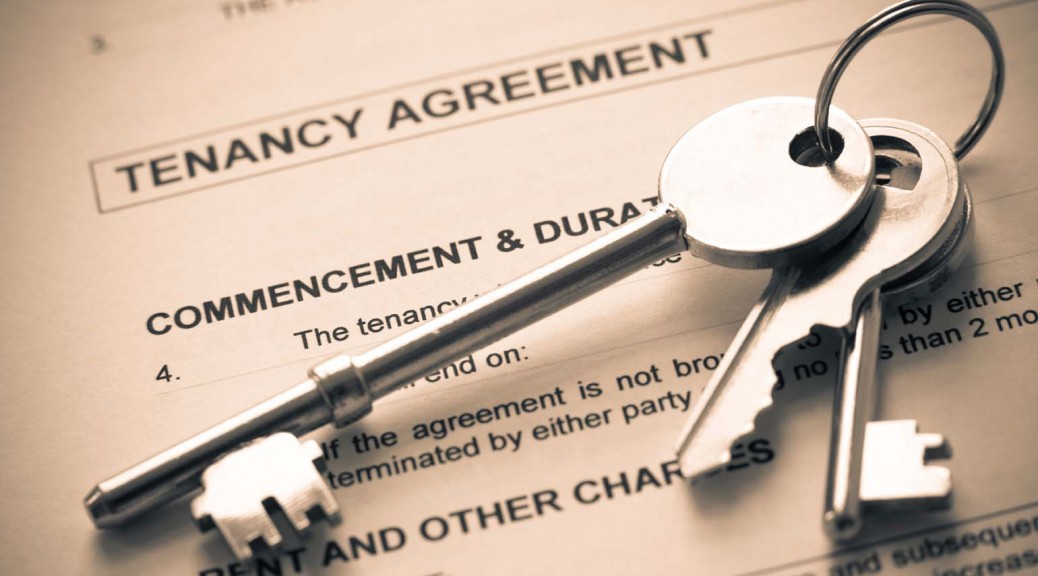Things to keep in mind while renting out your property
If you are renting out a property
for the first time, it can be a process that will bring with it a number of
confusions and the fear that a tiny mistake can have serious repercussions if
proper documentation isn’t in place. To make the process a bit easy and not so
tiresome, we’ve listed out a few steps that you can take to safeguard your
property while you rent it out.
Generally, when the property
owners give out their property on rent, the dilemmas generally revolve around
the amount of rent to be charged keeping the tenant’s ability to pay, verification
tasks and registrations queries related to the lease agreement, lock-in
period, security deposit, etc. Also, without due diligence, renting out a
property can become a nightmare.
According to experts of the real
estate industry, the most common problems that first-time landlords encounter after
finding the right tenant for the property, are a delay in receiving rent, misuse
of the property by the tenant, tenants refusing to vacate or denying to pay the
maintenance fees (if the rental agreement requires them to).
Proper legal documentation is one
of the basic and foremost important steps of renting out a property. In the
absence of legal documentation, the owners expose themselves to risks such as
violation of property by illegal means, unlawful activities owing to lapse in
tenants’ background checks, and delay in the receipt of rent.

CALCULATION OF RENT AMOUNT
The
experts suggest that the amount of rent is generally 0.8% to 1.1% of the property’s
total value.
Other than this opinion by the
experts, the location of the property and amenities being provided play a major
role in determining the rental amount. For example, a property in an upmarket
location will give you higher rentals, similarly, a fully furnished property
will give you more rentals than a semi-furnished property. The rent may also be
inclusive of the external charges, such as maintenance.
RENTAL AGREEMENT
The experts suggest that every
rental agreement should be in writing and registered. It should specify the monthly
rental amount, security deposit, and all the terms and conditions of the lease
in detail. It should also mention who will pay for the utilities, water, and electricity,
etc. The purpose of tenancy – whether the property is being used for residential
or commercial purposes, should be clearly mentioned. Also, in case the rental
agreement expires and the tenant and owner agree to extend the term of the
lease, then, the extension should be in writing.
REGISTRATION OF THE LEASE AGREEMENT
Expert suggests that to make a
lease agreement legally valid, one needs to register the document, under the
Registration Act. According to the Transfer of Property Act, lease deeds that
are made for a tenure of more than one year should be registered. Generally,
the owners and landlords enter into a lease deed for 11 months with the option
to renew it for another 11 months, if certain conditions are fulfilled. Such
leases should also be properly stamped to avoid exploitation.
References: Media Reports, Economic Times, Press Releases
Disclaimer: This information has been collected through secondary research and Elite Landbase is not responsible for any errors in the same.
For More Details:-
+91-97161 11107
7th Floor, Golf View Corporate Tower
Golf Course Road, Gurugram,
Haryana, India
Golf Course Road, Gurugram,
Haryana, India



Comments
Post a Comment